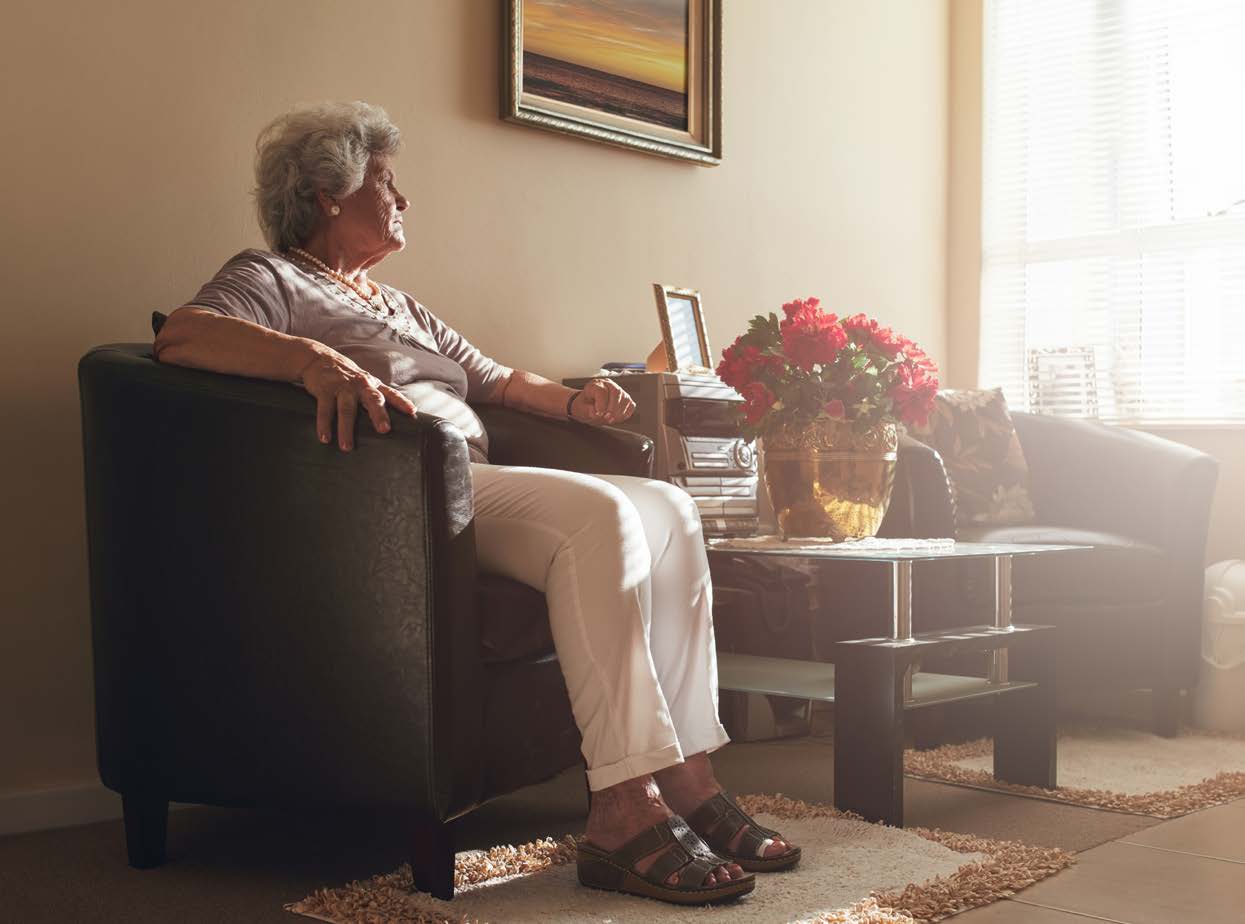By Rejáne Le Grange, Dementia Services Manager
Think about the skills you use every day to look after yourself, your family and to be successful at your job or your community responsibilities.
Now imagine a day where everything goes wrong. Things break, financial demands suddenly seem to increase, you don’t feel as well, extra tasks that are given to you and the people around you seem more demanding.
We all know what it feels like to have a day like this. On such a day you might act or respond more slowly, be emotional or moody, make more mistakes and feel exhausted.
Living with dementia is equivalent to this experience. Everything seems slightly unfamiliar; you can’t keep up with what people are saying and what they’re asking of you.
Common signs that a person with dementia is feeling overwhelmed
The person might have difficulty finding items or lose their train of thought. They might find it difficult to find the right word or they forget events and people; familiar people, places and things can become unrecognisable. They can even be unaware of their own thirst, hunger or pain. The demands of the moment have become bigger than the person’s skills. To make the situation more difficult, they can even feel agitated and frustrated with themselves, for being overwhelmed.
First step: you can help to calm them in moments of distress
This is when staying calm, not taking their comments personally and being pragmatic are important.
- Offer support by affirming that you notice their anxiety
- Speak with a lower tone and talk slowly in clear short sentences.
- Move your face lower than theirs, make eye contact and smile.
- Don’t overwhelm them with the goal of the activity, give one instruction or step at a time.
Next step: create a safe routine to help them grow more confident
- Create environments that instigate natural, but easy, participation, such as setting the table, offering a small selection of clothes to wear and making sure towels, soap, etc are easy to see in the bathroom.
- Use actions to show what you mean. For example, say “here is your blouse” while holding the blouse in front of them.
- Put up some clear signs and reminder notes to prompt them.
- Provide easy access to important things.
- Stick to a routine that includes their interests and do things with them, or let them watch you do things they love, like baking a family favourite cake or gardening.
Has your loved one’s behaviour changed?
When someone experiences a very sudden deterioration, this might indicate an infection or virus.
Look out for the following signs, and take them to the doctor if you notice:
- They become more confused.
- They are very emotional or moody.
- They experience these symptoms, especially during the night.
Social support: we all deserve respect
As a community, we all have a part to play in changing the ways in which people with dementia experience life. We can work to ensure that society is inclusive and empathetic, rather than assuming such a person is difficult or doesn’t want to participate. Be patient, get advice, treat them with respect, and remember they need your support for the long term.
Keeping in mind our tips, you can help your loved one to participate socially, keep up their independence and feel valued. Moments of being overwhelmed will begin to subside and a sense of participation can hopefully help them move from surviving to enjoying life to the full.
If you need more information or are looking for assistance with caring for a loved one with dementia, please contact us at 1300 669 189 or via our website.



